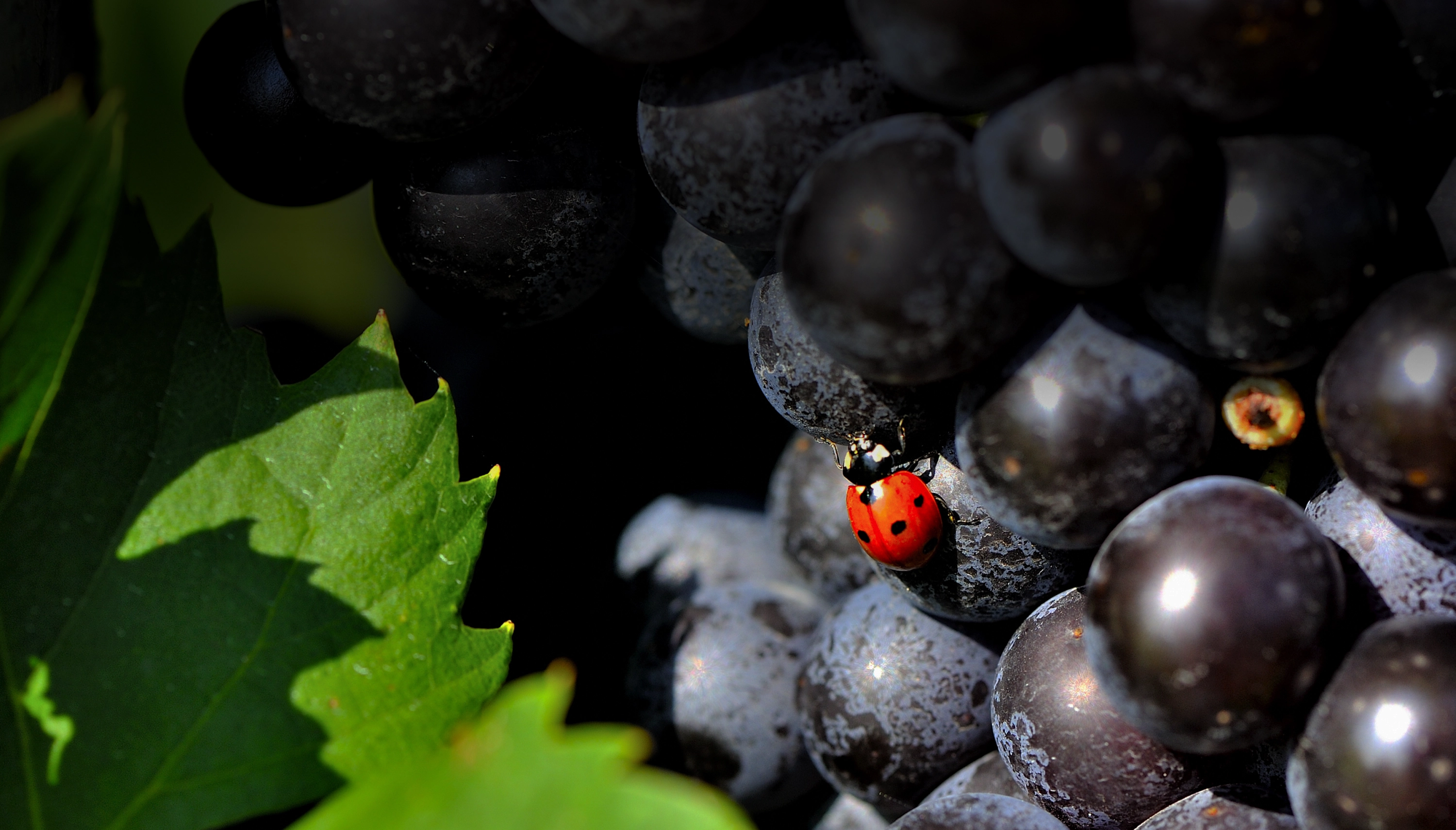

Sustainability at Allegrini The Allegrini family has always placed a high value on preserving and protecting the land where they operate. They believe in leaving a healthy and flourishing environment for the next generations and are committed to practising wine-making processes that respect the land and the needs of the surrounding environment. The company’s main objective is to produce high-quality wines that can truly represent the distinctive characteristics of their region of origin while also preserving the environment and benefiting the local community. Environmental sustainability is a fundamental aspect of viticulture, and it is governed by various agronomic practices and certifications such as Equalitas®, Biodiversity Friend® Beekeeping.
The Biodiversity Friend® protocol outlines ten actions that demonstrate Allegrini’s dedication to preserving biodiversity. These actions include controlling parasites and weeds, safeguarding soil fertility, planting melliferous plants in areas surrounding the vineyards, and promoting the overall protection of biodiversity. The company received a score of 76/100 during the first certification in 2017, which increased to 93/100 in 2023. The goal is to expand this commitment to all grape suppliers belonging to the ARNIA business network, led by Allegrini. The suppliers will be required to comply with the same objectives in order to maintain the same quality standards. The company follows an agronomic protocol that is based on sustainable agriculture. This protocol includes some key objectives such as avoiding the use of herbicides through careful under-row weed control, replacing insecticides with the sexual confusion technique, fertilising with natural and organic substances to prevent polluting the aquifers, and using a drip irrigation system for water conservation. In 2023, Allegrini was recognised for its dedication to preserving biodiversity through the Biodiversity Friend® Beekeeping certification, which ensures the safeguarding of bees and other pollinating insects. Allegrini has been installing beehives in all of its vineyards for several years now and currently has 15 hives. This initiative is a tangible representation of the company’s commitment to promoting biodiversity. Regarding the transformation process in the cellar, Allegrini has set a primary objective to reduce its carbon footprint. In the first draft of the sustainability report, it was found that bottling, specifically the label production process, causes a high amount of polluting emissions. To address this issue, the company decided to replace the traditional non-recyclable label holder with a transparent PET holder, which may cost more but is recyclable. This change has enabled the collection and recycling of 607 kg of PET within 6 months, resulting in a saving of 661.5 kg of CO2 and 36.36 litres of water. Waste recycling has become a noteworthy case study, particularly the creation of an R-PET shopper using just 45 g of recycled material, equivalent to 3 plastic bottles.
© Allegrini Wines 2024. Tutti i diritti riservati.